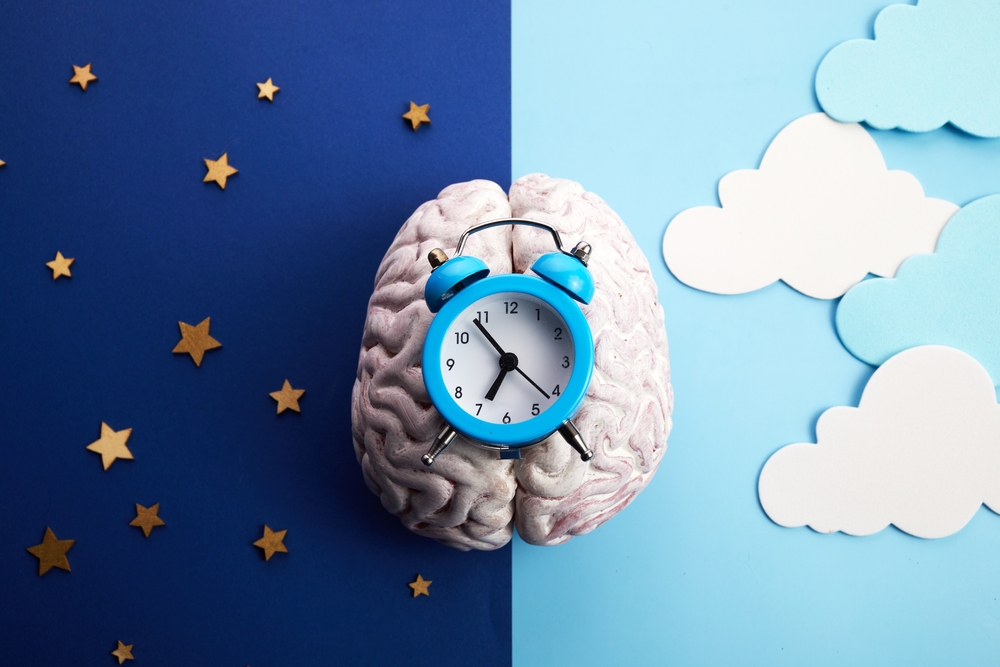Unraveling the Mysteries of Chronobiology: The Science of Inner Clocks and Health
What if you could unlock the secret to optimal health by simply understanding the timing of your body's natural rhythms? This is the premise of chronobiology, a fascinating field of science that investigates how our internal clocks influence our physical, mental, and nutritional wellbeing. Let's delve into the world of chronobiology and discover how it can shape our lives.

The Intriguing Background of Chronobiology
Chronobiology is not a new science, but its importance to health and wellness has only recently been acknowledged. The field explores the biological rhythms of living organisms, including humans, and how they align with Earth’s natural cycles. These rhythms, or ‘biological clocks’, govern a wide array of physiological processes, from sleep cycles to metabolism rates.
In the early 20th century, chronobiology was primarily focused on plant and animal behaviors. But, the 2017 Nobel Prize in Physiology or Medicine awarded to Jeffrey C. Hall, Michael Rosbash, and Michael W. Young for their discoveries of molecular mechanisms controlling the circadian rhythm propelled chronobiology into the limelight. They unveiled that all multicellular organisms, including humans, possess an internal clock that aligns with Earth’s twenty-four-hour rotation.
Chronobiology’s Relevance in Modern Health Trends
In today’s fast-paced world, we often disregard our natural rhythms. We underestimate the importance of regular sleep patterns, meal timings, and physical activities. However, a growing body of research suggests that disregarding our internal clocks can lead to health issues such as insomnia, obesity, and cardiovascular disease.
Chronobiology advocates for synchronized living, tailoring our daily routines to match our biological rhythms. For instance, it suggests eating meals and exercising during the daytime when our metabolism is at its peak, and prioritizing quality sleep during the night when our bodies need to rejuvenate.
The Science Behind Chronobiology
The concept of chronobiology is backed by solid science. Central to this realm is the ‘circadian rhythm,’ a 24-hour cycle that regulates our sleep-wake patterns, feeding habits, hormone production, and more. These rhythms are driven by a master clock in our brains, synchronized with light-dark signals from the environment.
Disruptions to our circadian rhythms can lead to ‘circadian rhythm disorders,’ which are linked to sleep disorders, metabolic syndrome, depression, and even cancer. By recognizing and respecting our internal clocks, we can potentially mitigate these health risks.
Practical Chronobiology: Benefits and Challenges
Adopting a chronobiology-friendly lifestyle can enhance our overall wellness. Regular sleep schedules, timely meals, and daytime exercise can boost energy levels, optimize metabolism, promote better sleep, and reduce stress.
However, aligning with our biological clocks can be challenging in a society that often values productivity over health. Night shift work, frequent travel (and consequent jet lag), and the prevalence of artificial light can disrupt our natural rhythms. Balancing societal demands and chronobiology principles requires conscious effort and lifestyle adjustments.
Aligning with Your Biological Clock: A Few Tips
- Establish regular sleep schedules: Go to bed and wake up at the same time each day to regulate your circadian rhythm.
- Prioritize natural light: Spend time outdoors during the day and reduce artificial light exposure in the evening.
- Time your meals: Try to eat meals at regular intervals during the day when your metabolism is most active.
- Stay active during daylight: Schedule workouts during the daytime to align with your body’s peak energy levels.
In conclusion, chronobiology provides a unique perspective on health and wellness. By understanding our internal clocks, we can tailor our lifestyle habits for optimal wellbeing. While societal constraints may pose challenges, with conscious effort, we can harness the power of our biological rhythms for a healthier, happier life.




